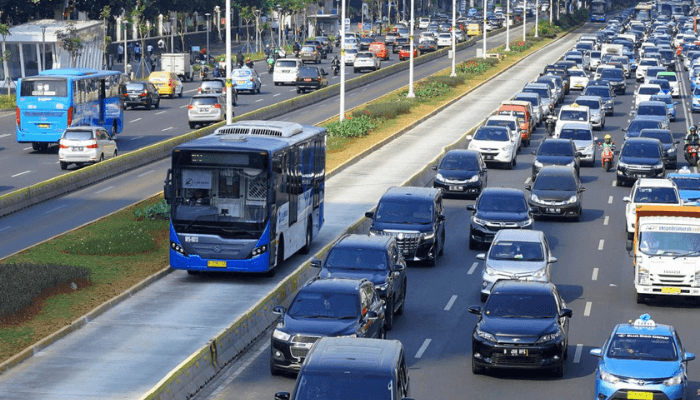By the standards of 12 respectable economists interviewed by this medium, the Nigerian Economic Sustainability Plan is a step in the right direction, provided it results in concerted action.
Especially is the plan to improve the country’s transportation infrastructure commendable.
The plan is geared towards establishing a robust capital project development framework to encourage and increase Public Private Partnerships (PPPs) to deliver critical projects, such as roads, rail, seaports and airports. It also aims to review the Infrastructure Concession Regulatory Commission Act to resolve conflicting legislation with the Bureau of Public Enterprises and Bureau of Public Procurement Act and strengthen the Commission’s regulatory mandate to facilitate private investment.
It also is targeted at harnessing the existing pool of sustainable development funds to assess the viability and bankability of critical infrastructure projects, leverage a sustainable and alternative mix of funding for critical infrastructure projects, including project financing initiatives, infrastructure bonds, diaspora bonds, and value capture financing.
Additionally, the federal government, aims to complete the road sector reforms to establish a Road Authority and a Road Fund to enhance best world practice in the administration of road network development and management in the country, as well as ensure the approval of the Tolling Policy so that some of the major dual carriageways can be concessioned for maintenance and tolling while government utilises the saved funds from this maintenance for other critical roads in the federal road network to the nation’s refineries, ports, NNPC depots and agricultural hubs, etc.
To resuscitate Nigeria’s economy, transportation infrastructure deserves utmost priority post COVID-19. As a matter of fact, roads are the major arteries through which the Nigerian economy pulses. By linking producers to markets, workers to jobs, students to school, and the sick to hospitals, roads are vital to any development agenda.
A highway network can be likened to the human cardiovascular system. Good pavement and minimal construction zones keep a local economy moving, healthy and growing, but potholes and slow-moving construction projects are like plaque – they render regional commerce sclerotic.
This stands to reason. If a state or municipality is pockmarked by rough pavement, it is going to take longer to deliver goods in and out of the region. Delivery vehicles will be damaged more often (flat tires, bent tire rims, broken axels, etc.) and need more repairs.
Labour and fuel costs increase when traffic moves slowly – due simply to bad conditions, or lane closures during extended resurfacing projects – causing drivers and their passengers to endure more time per trip.
When bad streets are all that connect consumers to a shopping center, the options to shop online, in stores elsewhere or not at all become much more attractive. The online alternative might come with a higher price if parcel delivery services begin to tally and charge for the added costs of delivering in specific areas. But especially regrettable is the billions of manhours lost in traffic, most notably in cities like Lagos, largely due to potholes.
Many intra and interstate travellers can identify with the above scenarios. With the negative impacts of COVID-19 on the populace such as loss of jobs, salaries slash, to name a few, coupled with the increase in the prices of fuel and electricity, improving the pliability of the country’s roads is a veritable and the most impactful moves the federal and state governments can make to assuage the pains of the masses.
We call on the three tiers of government to quickly do just that.





